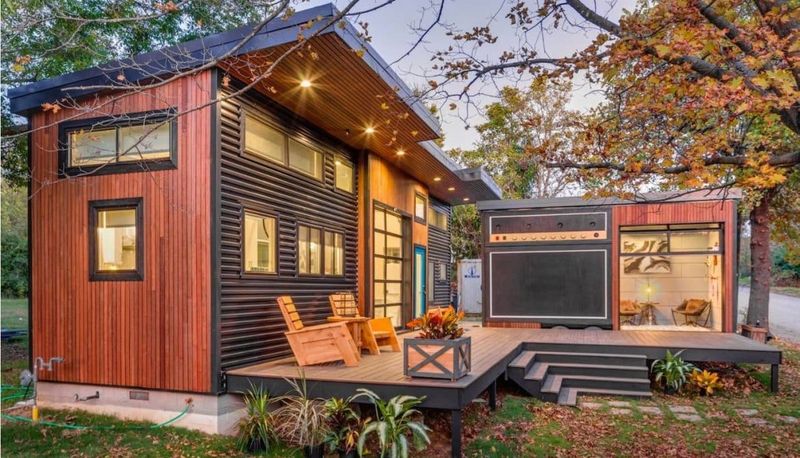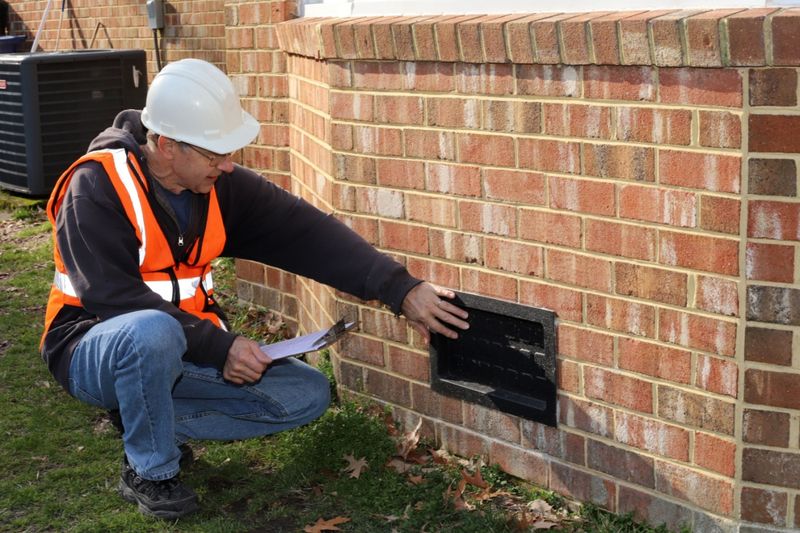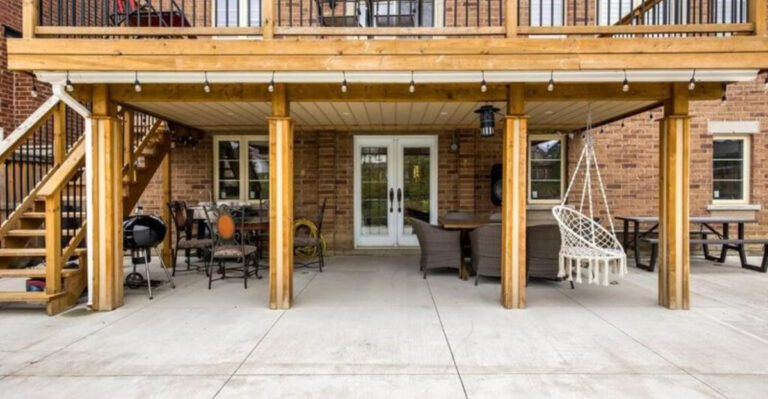11 Terrible Reasons People Regret Selling Their Homes
Selling your home is a massive decision, I’ve been there, standing in the yard wondering if it’s really the right move. While there are solid reasons to sell, I’ve also seen people rush into listing their house for all the wrong ones, like feeling bored or panicking over market headlines.
Decisions driven by impulse or bad advice can lead to major regrets and financial headaches down the road. Before you plant that For Sale sign in your front lawn, let’s talk about some of the worst reasons people decide to sell so you can avoid making the same mistakes.
1. Your Neighbor Just Got A Higher Price

Jealousy is a powerful emotion that can cloud judgment faster than a summer storm. Your neighbor’s windfall might seem like a sign you should cash in too, but real estate isn’t a one-size-fits-all game.
Their colonial masterpiece with the updated kitchen might fetch top dollar while your ranch-style needs significant work. Every home has unique features, condition issues, and selling points.
Market timing matters tremendously, and listing just weeks later could mean missing the neighborhood’s hot streak. Don’t let the green-eyed monster make you homeless!
2. You Hate Mowing The Lawn

Lawn maintenance frustrations rank among the silliest reasons to uproot your life. Trading your entire home because you’re tired of pushing a mower around on weekends shows a serious lack of perspective about the costs involved in moving.
Between closing costs, moving expenses, and potential tax implications, you could hire a professional landscaping service for years with that money.
Consider simpler solutions like xeriscaping, artificial turf, or that neighborhood kid looking for summer cash. Home ownership comes with maintenance – running from it usually leads to different chores elsewhere.
3. Following A New Trend

Tiny houses looked adorable on that Netflix show, but reality bites when you can’t stand up straight in your shower. Making major real estate decisions based on passing fads often leads to buyer’s remorse.
Remember when everyone wanted open concept layouts? Now people crave defined spaces for Zoom meetings. The urban exodus during 2020 sent many fleeing to rural areas, only to miss city amenities months later.
Housing trends cycle like fashion. What seems cutting-edge today might feel dated tomorrow. Base housing decisions on your actual lifestyle needs, not what social media influencers claim is the next big thing.
4. Minor Disagreements With Neighbors

Mrs. Jenkins lets her dog bark at 7 AM and Mr. Rodriguez parks his work truck across from your driveway. Annoying? Sure. Worth selling your entire house? Absolutely not!
Neighborhood squabbles rarely justify the massive financial transaction of selling a home. Most disputes can be resolved through communication, mediation, or in worst cases, local ordinances.
Moving doesn’t guarantee better neighbors anyway – you might trade known annoyances for surprising new ones. Before listing your home, try addressing concerns directly or through HOA channels. The fence dispute isn’t worth paying thousands in closing costs.
5. Boredom With Your Current Decor

Those avocado-colored bathroom tiles making you cringe every morning? Feeling trapped in a beige prison of outdated carpeting? Cosmetic issues rank among the most financially disastrous reasons to sell a perfectly good home.
Renovations almost always cost less than the combined expenses of selling, buying, and moving. A full kitchen remodel might run $30,000, while selling costs alone could exceed that amount.
Paint, fixtures, flooring, and cabinet refacing can transform spaces for a fraction of moving costs. Save the real estate transactions for life changes that actually require different housing, not just aesthetic updates.
6. You Found A ‘Dream Home’ Online

Scrolling through Zillow at midnight and falling in love with a Craftsman bungalow is the real estate equivalent of an impulse purchase. Those professional photos with perfect lighting hide a multitude of potential problems.
Many sellers experience profound regret after ditching their perfectly functional home for what seemed like perfection online. Wide-angle lenses make tiny rooms look spacious, and that “move-in ready” description often stretches the truth.
Your current home has known issues you’ve learned to live with. The new place comes with mystery problems waiting to surprise you after closing. Don’t trade certainty for a pretty internet picture.
7. Keeping Up With Friends

Your college roommate just bought in that trendy neighborhood, and suddenly your perfectly good house feels inadequate. Social comparison makes terrible real estate advice! Housing should meet your actual needs, not impress your social circle.
Friends showing off their new granite countertops don’t have to live with your mortgage payment. Their housing choices might reflect different financial situations, family needs, or career stages that don’t align with yours.
Remember that many people stretch themselves financially thin to maintain appearances. That impressive new address might come with impressive new debt. Make housing decisions based on your budget and lifestyle, not social pressure.
8. A Minor Life Inconvenience

Your commute increased by 10 minutes after a job change. The grocery store you liked closed down. The neighborhood pool implemented new hours. None of these minor inconveniences justify the massive undertaking of selling your home!
Humans adapt remarkably well to small changes in routine. What feels annoying initially often becomes barely noticeable within months. Consider whether the issue will still bother you a year from now.
Alternative solutions like adjusting your schedule, finding new shopping options, or changing your route can address many daily frustrations without involving real estate agents. Don’t make a $300,000 decision to solve a $30 problem.
9. You Want A Slightly Bigger Kitchen

Kitchen envy strikes countless homeowners who’ve watched too many renovation shows. That extra six square feet you’re coveting could cost you tens of thousands in selling and moving expenses.
Knocking out a non-load-bearing wall or reconfiguring existing space often provides the functionality you need without changing addresses. Smart storage solutions, improved layouts, and updated appliances can transform cooking experiences.
Professional kitchen designers can work magic with existing footprints. Before listing your otherwise suitable home, consult with renovation experts about possibilities. The kitchen of your dreams might be hiding within your current walls, waiting for the right reconfiguration.
10. Market Timing Speculation

Your brother-in-law who dabbles in stocks insists the housing market peak is NOW and you should sell immediately. Even professional economists struggle to predict market movements accurately – amateur timing rarely succeeds.
Housing should primarily serve as shelter, not a short-term investment vehicle. Trying to perfectly time market peaks often backfires when sellers need to rebuy in the same inflated market or face unexpected downturns.
Unless you’re planning to move to a significantly different market or downsize substantially, any gains from selling at a peak typically get canceled out when purchasing your next home. Speculation works poorly as a primary motivation for selling your residence.
11. Avoiding Necessary Repairs

That leaky roof isn’t going to fix itself, but selling to escape maintenance responsibilities creates bigger problems. Major issues get flagged during inspections anyway, often resulting in price reductions exceeding repair costs.
Buyers scrutinize homes carefully, especially in competitive markets. Disclosure laws in most states require sellers to reveal known defects. Trying to offload problems onto unsuspecting buyers frequently backfires legally and financially.
Deferred maintenance typically costs more the longer you wait. Addressing issues proactively usually proves more economical than selling at a discount. Plus, you’ll face the same inspection process as a buyer for your next home.







